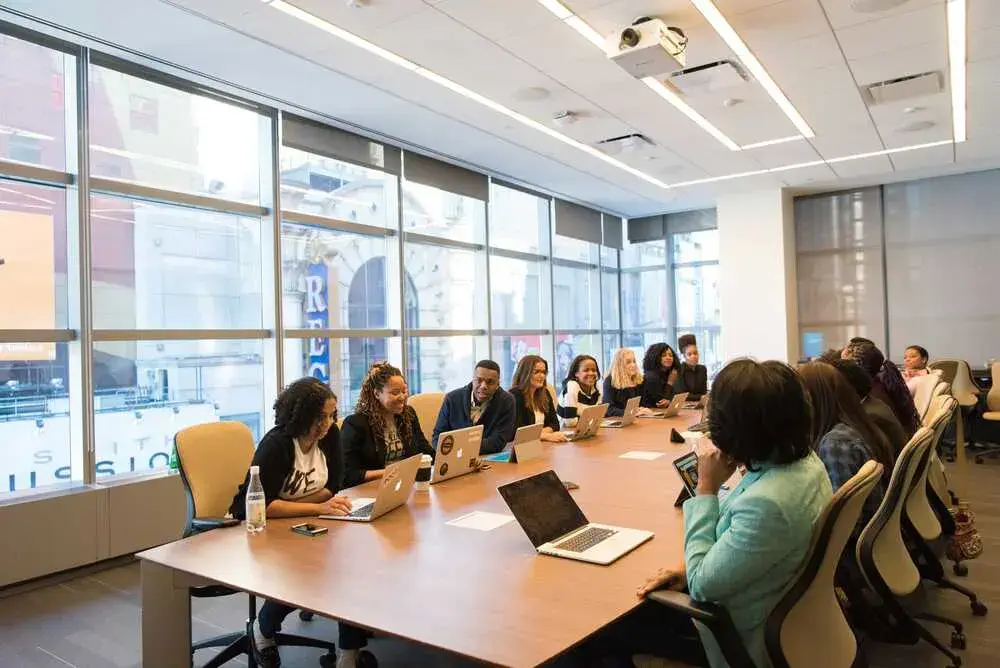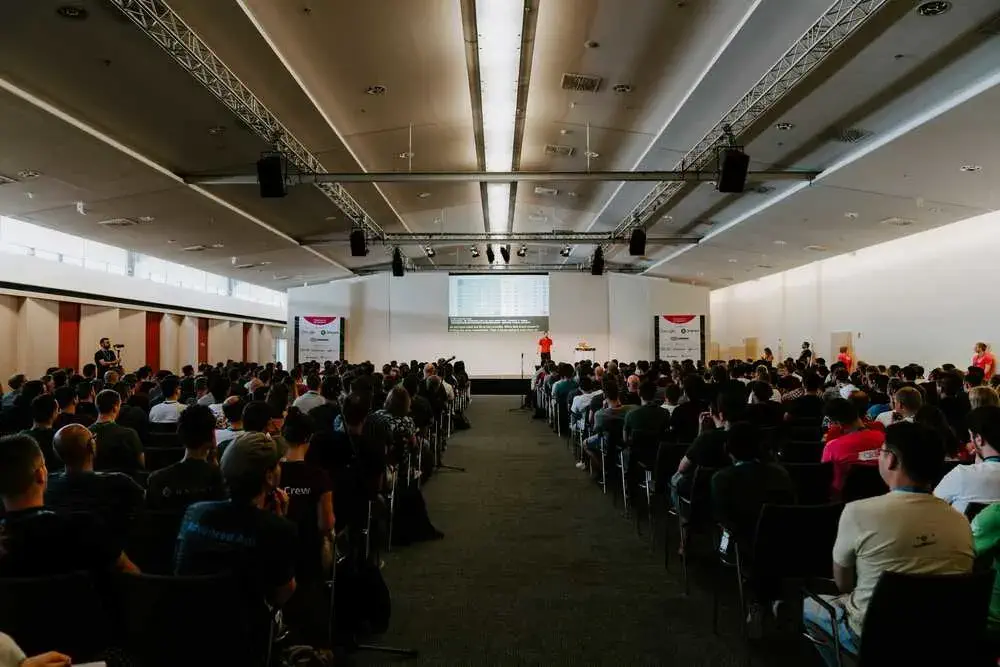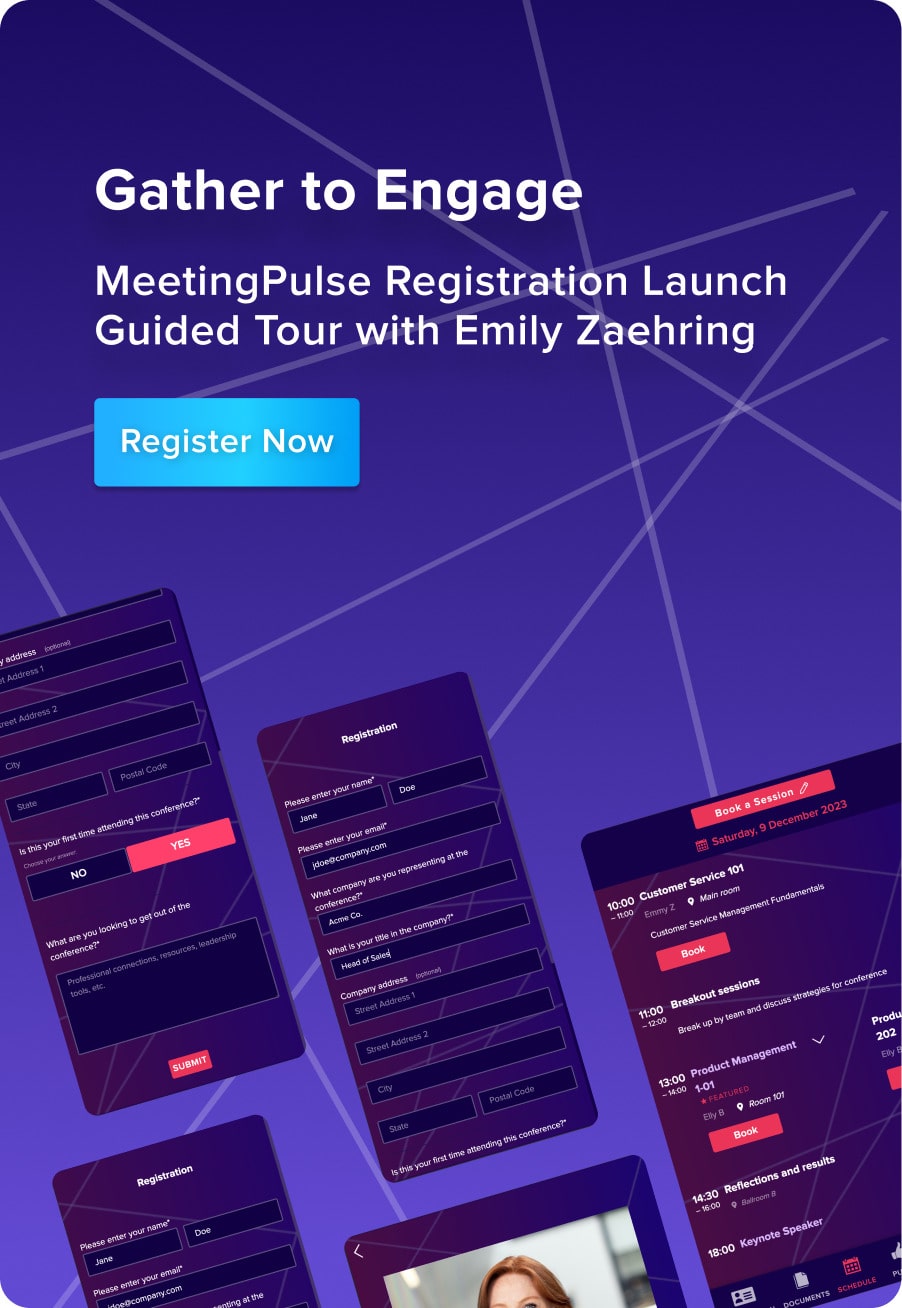Layoffs are among the most difficult moments any organization can go through. They’re not just about the numbers—they ripple through culture, morale, and trust. Employees left behind are often filled with uncertainty, stress, and a quiet question: what now?
According to Leadership IQ’s survey of over 4,000 layoff survivors, 74% of the layoff survivors reported a drop in productivity, and 69% observed a decline in product or service quality offered by the company they work for.
Also according to Bloomberg, “After layoffs, companies can lose over $50,000/month in productivity per 100 remaining employees. Productivity generally rebounds by six months.”
That’s why your first all-hands meeting after layoffs is one of the most important meetings you’ll ever lead. It sets the tone for what comes next—and how your team feels moving forward. With the right approach (and the right technology), a post-layoff all-hands meeting can become a real turning point: one that re-engages your team, rebuilds psychological safety, and restores a sense of direction.
Why Hold a Post-Layoff All-Hands Meeting?
When a company downsizes, the emotional aftermath is real. Employees may feel:
- Disconnected from leadership
- Anxious about their own job security
- Confused about the company’s future
- Overwhelmed by additional responsibilities
Research consistently shows that employee engagement, trust, and productivity take a hit after layoffs. But an all-hands meeting—if done thoughtfully—can serve as a reset. It’s your opportunity to:
- Communicate clearly about what happened and why
- Share a vision for what’s ahead
- Open up space for honest questions
- Recognize the efforts of the remaining team
- Invite your team to be part of the rebuild
- Rebuild morale after layoffs
- Employee trust rebuilding
What Tools Support Psychological Safety?
In emotionally charged moments, your delivery matters just as much as your message to support the psycological safety of our employees. Modern meeting technology can serve as the ultimate tool to facilitate an all-hands that feels transparent, inclusive, and hopeful.
1. Share the Facts with Clarity and Openness
Live video, shared slides, and screen sharing help make your message clear and consistent. With integrated live polling and real-time Q&A, you can surface important questions anonymously—making space for vulnerability and truth, without putting anyone on the spot.
2. Encourage Two-Way Conversations, Not Just Speeches
Top-down communication doesn’t build trust. Employees want to be heard. Use interactive tools to:
- Run quick “pulse checks” like “How are you feeling today?”
- Let people upvote questions to ensure the most urgent topics get addressed
- Break out by region or department when needed
- Follow up with anonymous surveys or open-text feedback
3. Prioritize Psychological Safety
Creating a safe space for honest feedback is key to restoring trust. Features like anonymous live Q&A, moderated discussions, and post-event feedback forms allow employees to express how they really feel—without fear.
4. Celebrate the Team That Remains
Recognition can go a long way during difficult times. Spotlight team wins, individual contributions, or upcoming opportunities for growth. Let employees give each other shout-outs through upvoting, emojis, or digital applause. Even small moments of celebration help shift the emotional tone in the room as team morale building strategies.

Best Practices: A Quick Playbook for Post-Layoff All-Hands
| Objective | Action | Tech That Helps |
| Communicate transparently | Acknowledge change, share vision | Live video, screen sharing, polls |
| Listen actively | Invite honest questions and feedback | Anonymous Q&A, surveys, emoji reactions |
| Rebuild clarity and trust | Share new priorities and next steps | Digital agendas, follow-up emails |
| Boost morale | Recognize wins, share future opportunities | Real-time shout-outs, celebration slides |
| Offer ongoing support | Direct to resources and next conversations | Resource hubs, breakout sessions |
The Role of Engagement Tools in Difficult Moments
The best meeting platforms today are built with human-centered communication in mind. They support:
- Easy access for hybrid and remote teams (no downloads required)
- Tools for anonymity, so real concerns surface
- Follow-up analytics to understand sentiment and improve over time
- Customization and segmentation to keep content relevant to each audience
Turning the Page—Together
The first all-hands after layoffs isn’t just a formality—it’s a chance to rebuild. A chance to say, We see you. We hear you. And we’re moving forward together.
Technology can’t fix everything. But used well, it can help you host a meeting that feels honest, supportive, and energizing—not just another broadcast. And that kind of connection is exactly what your team needs right now.







